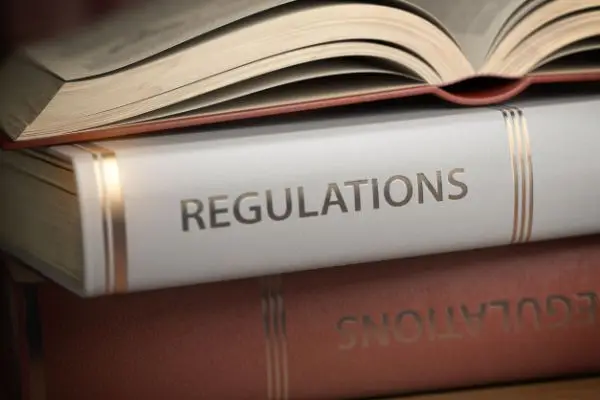The Texas Department of Licensing and Registration (TDLR) is tasked with regulating more than forty professions in Texas. The agency handles enforcement issues and establishes criteria for licensure, including criminal conviction guidelines for each program it administrates.
The Texas Occupations Code mandates that licensing agencies shall issue guidelines, which “must state the reasons a particular crime is considered to relate to a particular license and any other criterion that affects the decisions of the licensing authority. ” Tex. Occ. Code §53.025(a).
Guidelines for license applicants with criminal convictions describe the process by which TDLR will determine whether a criminal conviction renders an applicant an unsuitable candidate for the license, or whether a conviction warrants suspension or full revocation of a previously issued license. The TDLR has issued Criminal Conviction Guidelines for each occupation it licenses.
Specific Factors Considered in Relations to the Crime and the Specific License Program
In determining whether a criminal conviction should be grounds to deny a license, the TDLR will consider the relation of the crime to the specific license program. The criminal convictions guidelines reflect the most common categories of crimes, though the guidelines are not intended to be an exclusive list. You can view the criminal conviction guidelines specific to each TDLR program here.
In addition to the specific crimes listed under each program, multiple violations of any criminal statute will be reviewed for any license type. Further, the TDLR recognizes that multiple criminal violations may reflect a pattern of behavior that renders an applicant unfit for licensure.
General Factors Considered in All Cases
In determining whether a criminal conviction should be grounds to deny a license, the TDLR shall consider the following general factors in all cases:
- The nature and seriousness of the crime:
- The relationship of the crime to the purposes for requiring a license to engage in the occupation;
- The extent to which a license might offer an opportunity to engage in further criminal activity of the same type as that in which the person previously had been involved; and
- The relationship of the crime to the ability, capacity, or fitness required to perform the duties and discharge the responsibilities of the licensed occupation.
Tex. Occ. Code §53.022. Additional factors the TDLR shall consider in determining an individual’s fitness to perform the duties and discharge the responsibilities of the licensed occupation of a person who has been convicted of a crime include:
- The extent and nature of the person’s past criminal activity;
- The age of the person when the crime was committed;
- The amount of time that has elapsed since the person’s last criminal activity;
- The conduct and work activity of the person before and after the criminal activity;
- Evidence of the person’s rehabilitation or rehabilitative effort while incarcerated or after release; and
- Other evidence of the person’s fitness, including letters of recommendation from:
- Prosecutors and law enforcement and correctional officers who prosecuted, arrested, or had custodial responsibility for the person;
- The sheriff or chief of police in the community where the person resides; and
- Any other person in contact with the convicted person.
Tex. Occ. Code §53.023. If you plan to seek TDLR licensure and you are concerned that a previous criminal conviction may affect your ability to obtain a license, you may request the TDLR to evaluate your criminal history before you apply for the license. You can access the determination of eligibility request form here.
Defending Against Licensure Issues and Complaints
If you have been denied a professional license based on criminal history, denied license renewal, or if you have received a notice of alleged violation or complaint notice, then you need a professional license defense attorney to advocate for you.
Throughout the TDLR ‘s investigation process, you have the right to defend your licenses. And all professional licensees have the right to be represented for licensure issues and at every stage of an investigation and enforcement process.
Our law firm helps professionals, like you, keep their licenses when those licenses are under attack by a state agency or board.
BERTOLINO LLP has been defending Texas licensed professionals for years, and we use a creative, results-driven approach to help you get the best possible outcome in your case. Our results speak for themselves.
Contact us today or call (512) 476-5757 and schedule a case evaluation.
Call or text (512) 476-5757 or complete a Case Evaluation form




